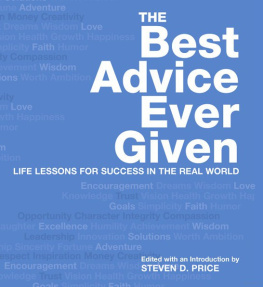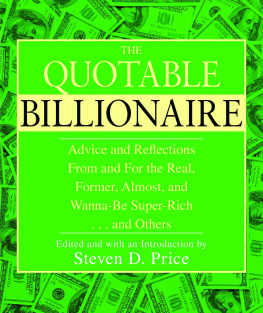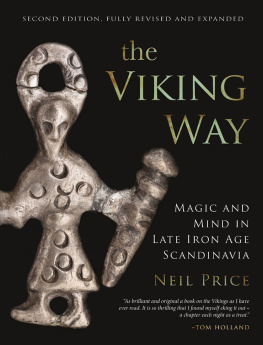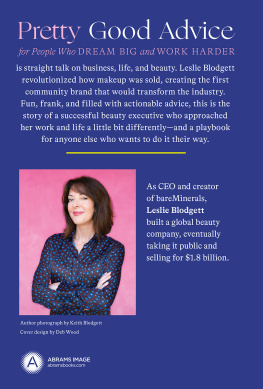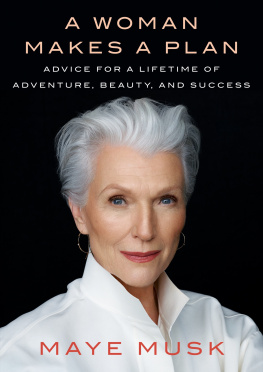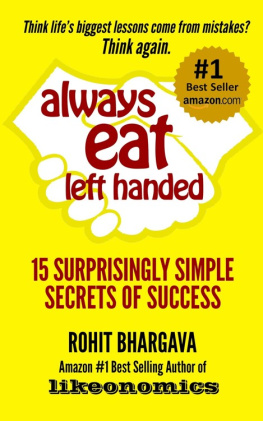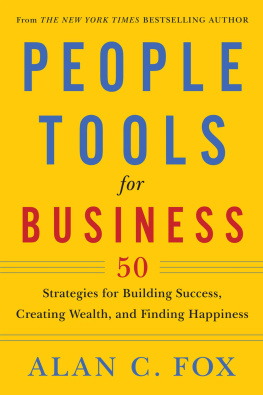Also by the Author Teaching Riding at Summer Camp Panorama of American Horses Civil Rights (Vols. 1 & 2) Get a Horse! Take Me Home The Second-Time Single Man's Survival Handbook Old as the Hills Horseback Vacation Guide Schooling to Show The Whole Horse Catalog Riding's a Joy All the King's Horses The Beautiful Baby Naming Book Riding for a Fall The Polo Primer The Ultimate Fishing Guide Caught Me a Big 'Un The Complete Book of the American Quarter Horse 7'wo Bits' Book of the American Quarter Horse Essential Riding The Illustrated Horseman's Dictionary The Greatest Horse Stories Ever Told Classic Horse Stories 1001 Smartest Things Ever Said 1001 Dumbest Things Ever Said 1001 Insults, Put-Downs, and Comebacks
Edited and with an Introduction by Steven D. Price





Contents
................................ vii Chapter 2: ........................... 13 Chapter 4: .................................... 147 Chapter 8: ........................... 195 Chapter 9: ..................... 211 Chapter 10: .......................... 241 .................... 251
Introduction
Advice? Who needs it? Apparently everyone, because we're bombarded with it throughout our lives. 251
Introduction
Advice? Who needs it? Apparently everyone, because we're bombarded with it throughout our lives.
The deluge begins with such dire parental warnings as "If you don't wear your galoshes, you'll catch your death of cold! " and "Be careful or you'll poke your eye out! " Aesop's Fables and cautionary fairy tales introduce us to countless other moral messages. Whatever one's faith, religious education focuses on some form of the "Do unto others" Golden Rule. High school and college literature courses include Polonius's time-worn "to thine own self be true" catalog of counsel in Hamlet, and David Copperfield's Mr. Micawber and his classic "Annual income twenty pounds... explanation of financial planning. And just when we thought we were finished with faculty advisors and guidance counselors, graduation speakers send us on our way with their advice for getting ahead.
Opinions are everywhere. Got a medical problem? Doctors will dispense advice along with pills. A legal problem? Lawyers are in the business of providing counsel, which is why they're referred to as counselors. Newspaper columnists such as "Dear Abby" and "Miss Manners" include advice in print. Religious leaders, infomercials, and television hosts like Oprah and Dr. Phil do so over the airwaves.
Along with every other sort of information, the Internet is advice-rich in all manner of subjects. And throughout our lives, friends and relatives share wisdom and experience of varying degrees of usefulness that begin with a knowing nod and an "I'm going to give you a piece of advice ... " How we accept advice depends on what it is and by whom and how it's given. Much of the time we brush it off, because as a New England proverb suggests, "Advice would always be more acceptable if it didn't conflict with our plans. " Or we run in the other direction-as the actress Marie Dressler (older readers will remember her as "Tugboat Annie") snapped, "No vice is so bad as advice." Confusing the situation is the abundance of contradictory advice, of the absencemakes-the-heart-grow-fonder variety versus "Out of sight, out of mind." On the other hand, sound advice is not only tolerable, it's welcome. First of all, it tends to be terse-a volume of wisdom in a sentence or two-which is both appealing and expected in this sound-byte age.
More important, it sets our feet on the right path; who indeed would want to disregard the global positioning that moral or practical compasses can give? That's what you'll find in this book. Included is advice on education ("Formal education will make you a living. Selfeducation will make you a fortune." -Jim Rohn), life and living ("Don't carry a grudge. While you're carrying the grudge, the other guy's out dancing. "-Buddy Hackett), and success of a personal and financial nature ("You can have it all. You just can't have it all at one time." -Oprah Winfrey).
Also represented here are both romantic and platonic love and friendship ("Immature love says: 'I love you because I need you.' Mature love says: `I need you because I love you."'-Erich Fromm), inspiration ("If you can dream it, you can do it."-Walt Disney), and creativity and the arts ("Take the best that exists and make it better. If it doesn't exist, create it. "-Sir Henry Royce). Sports and competition weigh in ("One hundred percent of shots not taken don't go in. "-Wayne Gretzky), as do business and leadership ("If two men on the same job agree all the time, then one is unnecessary. "-Darryl Zanuck), and proverbs and folk sayings ("If you chase two rabbits, both will es- cape."-Spanish saying). "-Darryl Zanuck), and proverbs and folk sayings ("If you chase two rabbits, both will es- cape."-Spanish saying).
And if you're not wise enough by then, the book concludes with-of all things-advice about advice ("Don't take a butcher's advice on how to cook meat. If he knew, he'd be a chef."-Andy Rooney). Readers of my earlier compilations have asked which quotations were my favorites. In the event the same question occurs to you here, my answer remains the same: it depends. When I'm in good spirits or feeling sentimental, any of the warm, fuzzy quotations resonate, such as the bit of cowboy wisdom that points out, "The best sermons are lived, not preached." But if I'm in a dour mood, especially after watching the nightly news' cataclysmic chronicles of human folly and disaster, Damon Runyon's observation that "All life is six to five against" makes an eminently good way to view the world. Another question I've been asked is, "Are these really the best? Aren't there others?" Here the answer can be more definite: I think so, and yes.
The quotations you'll find in this book cover all aspects of human existence, including life itself. Certainly there are others, and many have indeed been perceptively expressed or elegantly phrased, but whatever their subjects might be, you'll find them covered in these pages. (I also excluded commandments and orders, which are distinguished from advice by their implied or expressed threat of punishment if disobeyed.) Many people contributed their favorite quotations and sources in the course of this compilation's creation, for who can refuse the request to "tell me some good advice"? Although there are far too many people to acknowledge individually, there is one person whom I want to publicly thank, which I'll do in the form of advice: Don't even think about writing or compiling a book unless you can work with as capable and encouraging an editor as Holly Rubino. Steven D. Price New York, New York January 2006
Chapter One
Let Others
Light Their Candles

